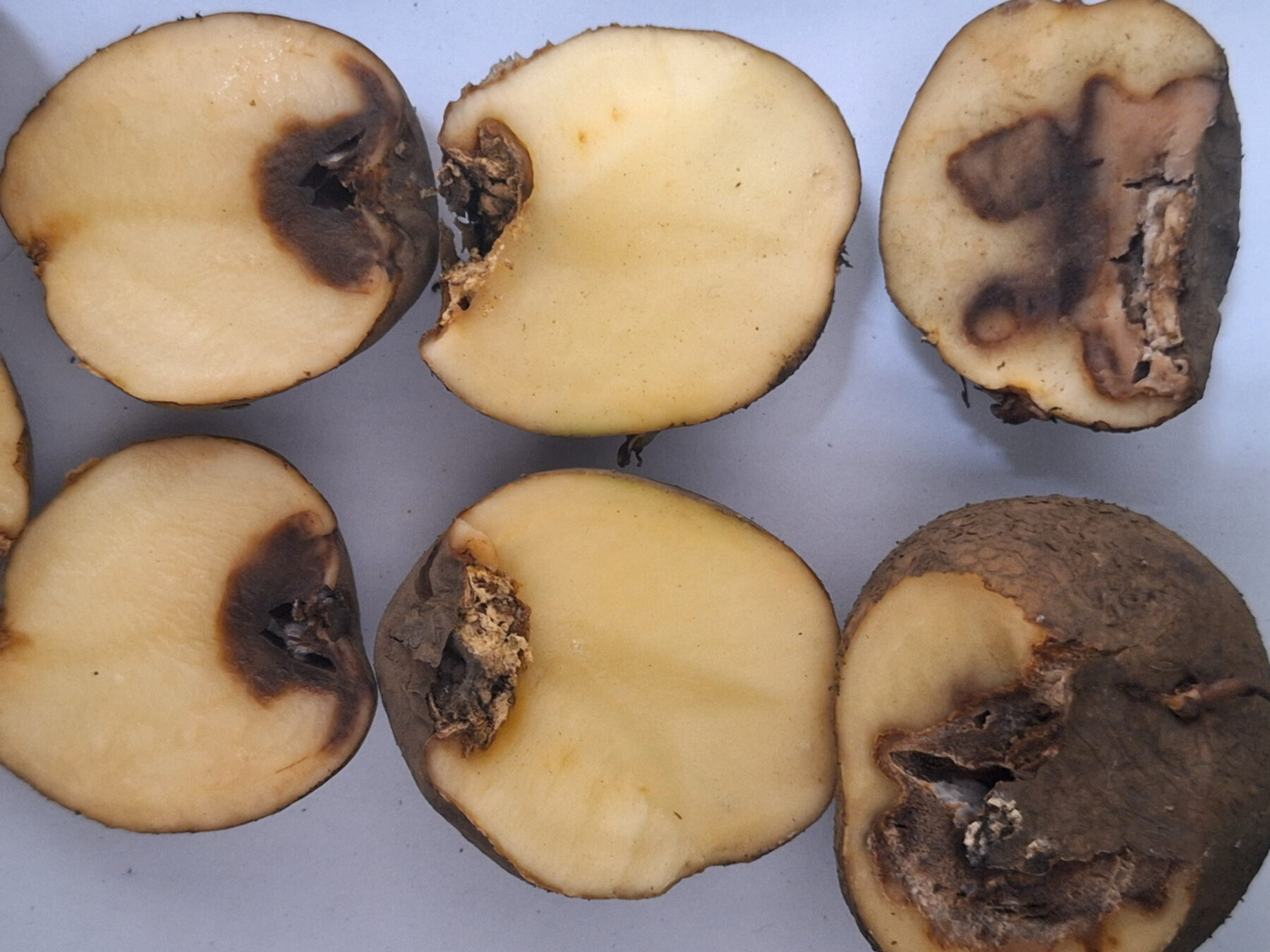African swine fever is an extremely contagious disease that spreads through direct contact between animals and indirectly through insects, contaminated facilities, vehicles, products, food, and human movement. Given the numerous ways this disease is transmitted farmers play a crucial role in its containment by implementing a series of preventive measures to reduce the risk of infection spread.
Enhance security of animal housing facilities
The facility must be fenced with controlled access. Vehicle and pedestrian disinfection points should be established at entrances and maintained regularly. If feasible, double fencing can be used to prevent direct contact between domestic pigs and wild boars and other animals (dogs, cats and other domestic and wild animals).
Use food from verified sources
Pigs should not be fed with fresh grass, hay or grains collected from areas within infection zones. In certain areas, it’s a practice for pig owners to feed them various forest fruits, which is unacceptable. Wild boars are the primary carriers of this disease, and any contact with contaminated food or surfaces they have been in contact with can lead to direct transmission. Grains should be stored for at least two months before use to allow the virus to disappear.
Avoid feeding animals with food leftovers
The virus remains active in frozen meat for up to three years and in thermally untreated pork products, such as dried meat, for up to 400 days. Kitchen waste is often thrown into pig-feeding waste bins, posing a contamination risk. Food leftovers should be disposed of in dedicated closed waste containers.
Restrict human and vehicle access to farms
After wild animals, humans are the second largest carriers of African swine fever. Owners often visit neighbouring farms out of curiosity or fear to inquire about their animals’ health, potentially transferring the virus on their clothing. Limiting access to third parties on farms, except authorized personnel, is essential.
Use special clothing, footwear, and tools
Strict hygiene measures must be implemented in pig housing facilities, changing clothing and footwear when entering and leaving areas where pigs are held, handwashing and disinfection, and disinfecting footwear at the entrance are necessary. Additionally, equipment and tools used on the farm should not be taken out and brought back into the animal areas.
Properly manage waste coming from farms
The improper disposal of solid manure and wastewater from a pig farm, in case the virus is present, can lead to the accelerated spread of the virus in the surrounding area. Proper waste management is essential.
Preventive measures in hunting
Farm owners that have pigs should avoid moving in forests and participating in hunting activities. The virus remains active on the path of infected wild boars for up to two months and moving in these areas can carry the virus on footwear and introduce it to households or farms. In case of observing wild boars showing signs of illness, unusual behaviour, or finding a dead pig, it is necessary to immediately notify the authorised veterinarian without approaching or making contact with the animal or carcass.











